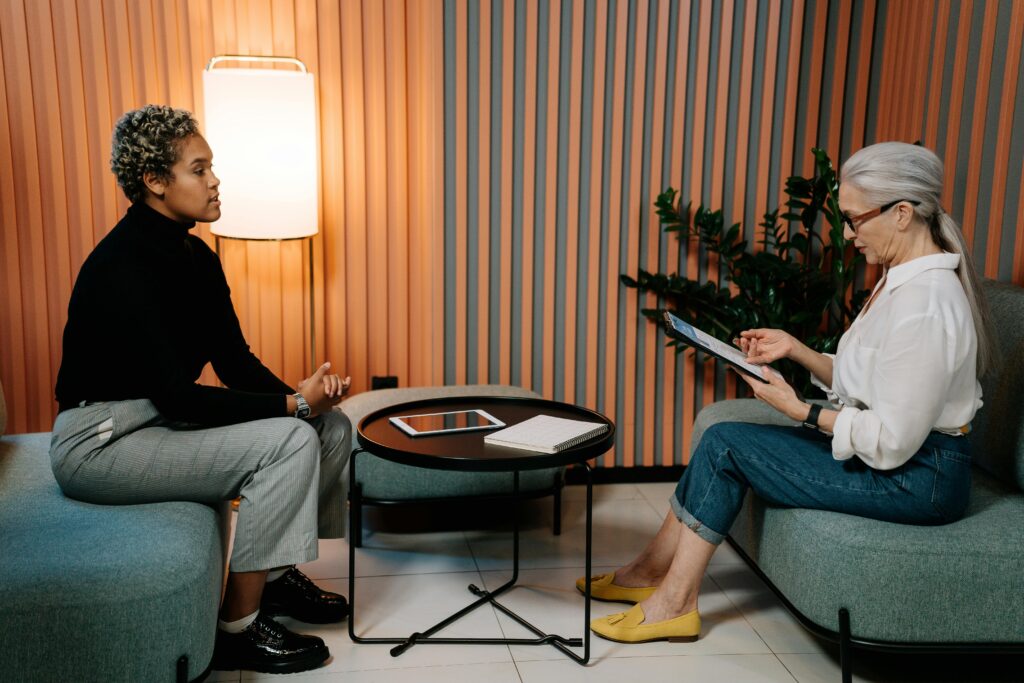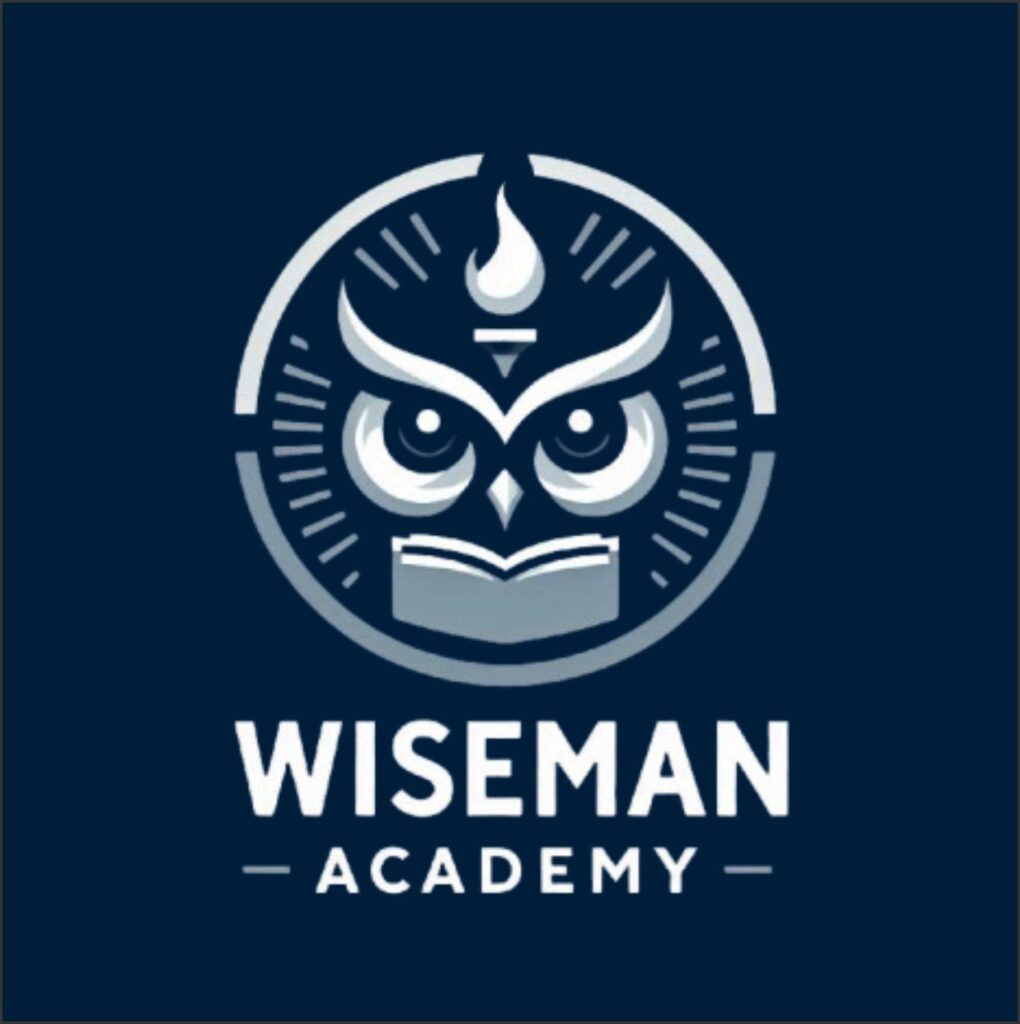Preparing for a job interview can be a daunting task, especially when you’re faced with common questions that can make or break your chances of success.
Knowing how to answer these questions can boost your confidence and increase your chances of impressing the interviewer.
In this article, we’ll walk through 15 of the most common job interview questions and how to answer them effectively.
By practicing your responses, you’ll be better equipped to navigate the interview and make a lasting impression. Whether you’re a seasoned professional or a newcomer, understanding how to answer these questions will give you an edge in any interview.
1. Tell Me About Yourself

This is often the first question asked in an interview, and it sets the tone for the rest of the conversation. The interviewer is looking for a brief overview of your background, professional achievements, and how they align with the job you’re applying for.
How to Answer:
When responding to this question, focus on your professional journey, highlighting the skills and experiences that are most relevant to the role. Keep it concise and avoid delving into personal details. A good structure is to mention your past job roles, key achievements, and how these have prepared you for the position you’re applying for.
Example:
“I have over five years of experience in marketing, working with both small startups and large corporations. In my last role, I led a campaign that increased sales by 20%. I’m excited to bring my expertise in digital marketing and data analysis to this position to help your team achieve its goals.”
2. Why Do You Want to Work Here?
This question is asked to gauge your interest in the company and its culture. Interviewers want to know that you’ve researched the company and that your values align with theirs.
How to Answer:
Tailor your response to reflect the company’s values, mission, and the reasons you’re excited about the role. Mention specific aspects of the company that appeal to you, such as its reputation, work environment, or growth opportunities.
Example:
“I admire your company’s commitment to sustainability and innovation. I’ve been following your recent initiatives in reducing carbon emissions, and I believe my experience in environmental science can help contribute to these efforts. The opportunity to work with a company that shares my values is something I truly find motivating.”
3. What Are Your Strengths?
Interviewers ask this question to understand what qualities you bring to the table and how they align with the job. They want to see if you’re self-aware and can identify your key strengths.
How to Answer:
Choose strengths that are relevant to the role and back them up with examples. You don’t need to list every strength you have, but focus on those that would make you an asset in the position. Avoid being overly modest but be honest.
Example:
“My key strengths are my problem-solving skills and ability to collaborate effectively in teams. In my previous role, I spearheaded a project that involved coordinating cross-functional teams to deliver results ahead of schedule. I thrive in environments where I can work with others to come up with creative solutions.”
4. What Are Your Weaknesses?
This question is tricky because interviewers want to assess your honesty and self-awareness. They don’t expect you to be perfect, but they want to see how you handle challenges.
How to Answer:
Avoid answering with cliché responses like “I’m a perfectionist” or “I work too hard.” Instead, pick a real weakness and demonstrate how you’re actively working to improve it. This shows that you’re reflective and committed to personal growth.
Example:
“One area I’ve been working on is public speaking. While I’m comfortable presenting in small groups, I’ve been taking steps to improve my confidence in larger settings. I recently enrolled in a public speaking course, and I’m already noticing improvements in my communication style.”
5. Why Did You Leave Your Last Job?
This question can be sensitive, and how you answer it can influence the interviewer’s perception of you. They want to understand why you left your previous job and whether there are any red flags.
How to Answer:
Be honest but focus on the positive aspects of your decision to move on. If you were let go, briefly explain the circumstances without blaming others. Emphasize your desire for growth and new challenges. If you left for personal reasons, keep the explanation brief but focus on your professional goals.
Example:
“I left my last job because I felt that I had reached the limit of what I could accomplish in that position. I’m looking for a new opportunity where I can expand my skills, especially in leadership, and contribute to a company that aligns with my career goals.”
Read More
How To Prepare For A Job Interview
How To Find My Dream Job

6. Where Do You See Yourself in 5 Years?
Interviewers ask this question to understand your long-term career goals and whether you see growth within the company. They want to assess your ambition and how the job fits into your larger career plan.
How to Answer:
It’s important to provide a realistic answer that aligns with the company’s growth opportunities. You don’t need to have every detail mapped out, but express how you envision progressing in the field and how you hope to contribute to the company’s success.
Example:
“In five years, I see myself taking on more leadership responsibilities, perhaps as a manager or team lead. I’m eager to continue growing my skills in this industry, and I’d love to contribute to the strategic goals of the company as we expand.”
7. Can You Explain a Time When You Overcame a Challenge?
This question aims to assess your problem-solving abilities and how you handle adversity in the workplace. Employers want to know that you can think critically and stay calm under pressure.
How to Answer:
Use the STAR method (Situation, Task, Action, Result) to structure your answer. Describe a specific situation where you faced a challenge, what your role was, the actions you took, and the positive outcome that resulted.
Example:
“At my previous job, we faced a sudden drop in sales due to a competitor’s new product launch. My team and I quickly identified areas for improvement in our marketing strategy. I led a campaign that included targeted promotions and customer outreach, which resulted in a 15% increase in sales within two months.”
8. How Do You Handle Stress and Pressure?
This is a common question to assess your coping mechanisms when faced with challenging situations. Employers want to ensure that you can perform under pressure without compromising your productivity.
How to Answer:
Share specific strategies you use to manage stress, such as prioritizing tasks, taking breaks, or practicing mindfulness. Be sure to give an example of how you effectively handled a stressful situation in the past.
Example:
“I handle stress by staying organized and focusing on one task at a time. When facing tight deadlines, I prioritize my most important tasks and delegate when possible. I also make sure to take short breaks to clear my mind, which helps me stay focused and energized throughout the day.”
9. Why Should We Hire You?
This is one of the most common questions in a job interview. Interviewers ask this to evaluate your self-confidence, qualifications, and why you’re a good fit for the role. It’s your chance to highlight your unique skills and attributes that set you apart from other candidates.
How to Answer:
When answering this question, focus on what you bring to the table that other candidates might not. Emphasize your specific skills, experiences, and qualities that match the requirements of the job.
Provide examples of how you’ve successfully handled similar responsibilities or tasks in the past and explain why those experiences make you an ideal fit for the position. Keep your answer concise, confident, and tailored to the role.
Example:
“I believe you should hire me because of my proven ability to lead teams and exceed sales targets. In my previous job, I managed a team of five and helped increase sales by 30% in one year.
My experience in project management and problem-solving, combined with my passion for this industry, makes me excited about contributing to your company’s success.”
10. What Is Your Greatest Achievement?
Interviewers ask this question to gauge your values, accomplishments, and what you consider to be a significant achievement.
This is a great opportunity to show that you’re results-driven and capable of achieving goals that align with the company’s objectives.
How to Answer:
Choose a specific achievement that highlights your skills and strengths. It should be something relevant to the position and show how you’ve made an impact in your previous roles.
Explain the steps you took to achieve this success, the challenges you faced, and the outcomes that resulted. Focus on demonstrating how this achievement reflects qualities that would benefit the new role.
Example:
“My greatest achievement was leading a cross-functional team to launch a product ahead of schedule. I coordinated between the product development, marketing, and sales teams to ensure smooth collaboration.
As a result, the product launch exceeded expectations, contributing to a 15% increase in revenue in the first quarter.”

11. How Do You Work in a Team?
In many roles, collaboration and teamwork are essential. This question allows the interviewer to assess how well you function as part of a team and whether you can adapt to various working styles and team dynamics.
How to Answer:
Provide an example of a time when you worked effectively as part of a team to achieve a shared goal. Highlight how you communicated, contributed your skills, and worked toward a common objective.
Be sure to mention your ability to resolve conflicts and work collaboratively with people from diverse backgrounds.
Example:
“I thrive in team environments and enjoy collaborating with others to achieve common goals. In my previous role, I worked closely with my colleagues to streamline the sales process. We met weekly to discuss progress, share ideas, and address challenges.
As a result, we were able to improve the sales cycle by 20%, which helped us exceed our yearly targets.”
12. How Do You Prioritize Your Work?
This question assesses your time-management and organizational skills. Employers want to know if you can handle multiple tasks and deadlines effectively without sacrificing the quality of your work.
How to Answer:
Describe your process for organizing tasks and managing time. Highlight how you assess the urgency and importance of different tasks, and how you stay focused under pressure.
You can mention using tools like to-do lists, task management software, or time-blocking methods. Provide an example of how you’ve successfully prioritize your work in the past.
Example:
“I prioritize my tasks by first identifying urgent and high-impact projects. I break them down into smaller, manageable steps and use project management software to track deadlines and progress.
For example, when I worked on a product launch, I ensured that I focused on critical tasks first, such as coordinating with suppliers and handling logistics, which allowed us to meet our deadlines without compromising quality.”
13. Tell Me About a Time You Made a Mistake
Everyone makes mistakes, but what matters most is how you handle them. This question helps interviewers understand your level of accountability, problem-solving skills, and capacity for self-reflection.
How to Answer:
Be honest about a mistake you’ve made, but choose one that doesn’t critically undermine your qualifications for the role.
Explain how you recognized the mistake, took responsibility, and the steps you took to correct it. Be sure to highlight what you learned from the experience and how you’ve used it to improve your skills.
Example:
“Earlier in my career, I mistakenly overlooked a key detail in a project plan that resulted in a delay. I immediately took responsibility and worked with my team to find a solution.
I learned the importance of double-checking my work and developing a more thorough review process. Since then, I’ve applied these lessons to ensure that I’m always on top of the details.”
14. How Do You Stay Motivated?
Employers want to know if you have the self-drive to stay productive and focused, even when tasks are challenging or mundane. This question helps assess your work ethic and motivation.
How to Answer:
Explain what keeps you motivated and how you maintain focus during difficult or repetitive tasks. Whether it’s setting personal goals, finding purpose in the work, or celebrating small wins, show how you stay engaged and energized.
You can also mention how the job you’re applying for aligns with your personal and professional goals, making it more motivating for you.
Example:
“I stay motivated by setting clear goals and breaking them down into manageable steps. When working on a large project, I focus on small milestones, which keeps me on track.
I also find motivation in knowing that my work contributes to the bigger picture, such as improving processes or making a difference for the team.”
15. Do You Have Any Questions for Us?
This question is your chance to ask the interviewer about the company, role, or team culture. It shows that you’re interested and engaged, and it can help you assess whether the company is the right fit for you.
How to Answer:
Prepare a few thoughtful questions in advance. Ask about the company culture, team dynamics, or the company’s long-term goals.
Avoid asking about salary or benefits in the initial interview. Instead, focus on questions that show you’re interested in contributing to the company’s success and growing with them.
Example:
“Yes, I would love to learn more about the team I’d be working with and how the company fosters professional development. Can you tell me about opportunities for growth within the team, and what a typical career path looks like here?”
Conclusion
By preparing for these 15 common job interview questions, you can confidently navigate your next interview. Each question is an opportunity to showcase your skills, experiences, and personality in a way that aligns with the job you’re applying for.
Remember to stay calm, be honest, and present yourself as the best candidate for the job. With the right preparation, you’ll be well on your way to landing your dream job.
